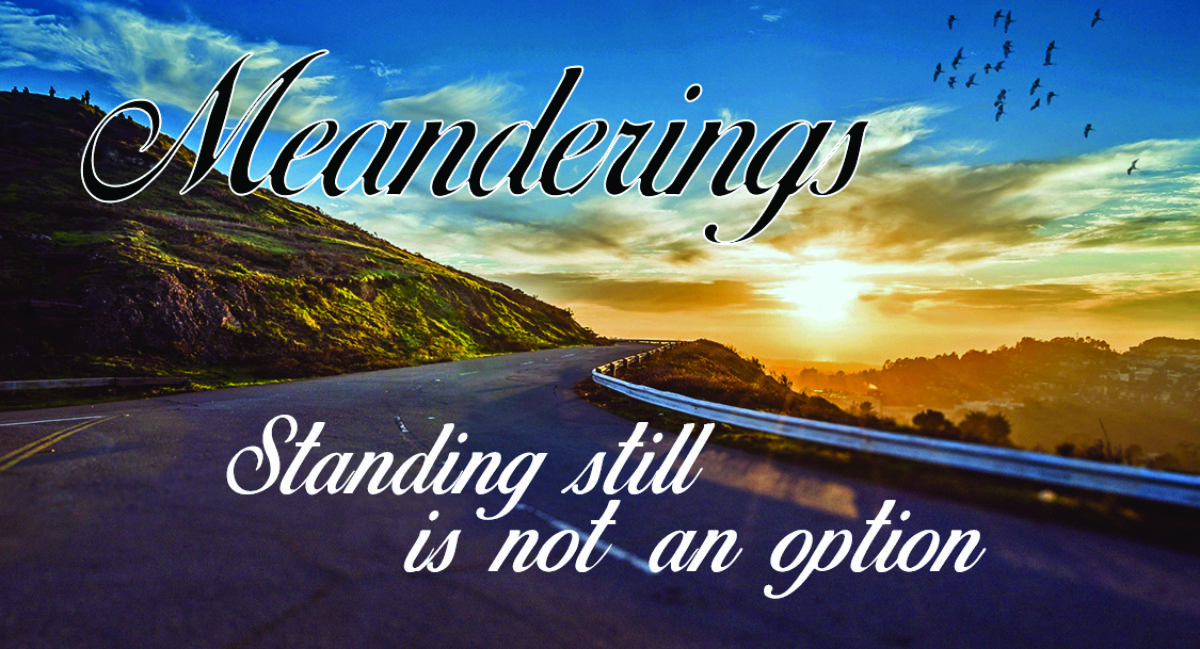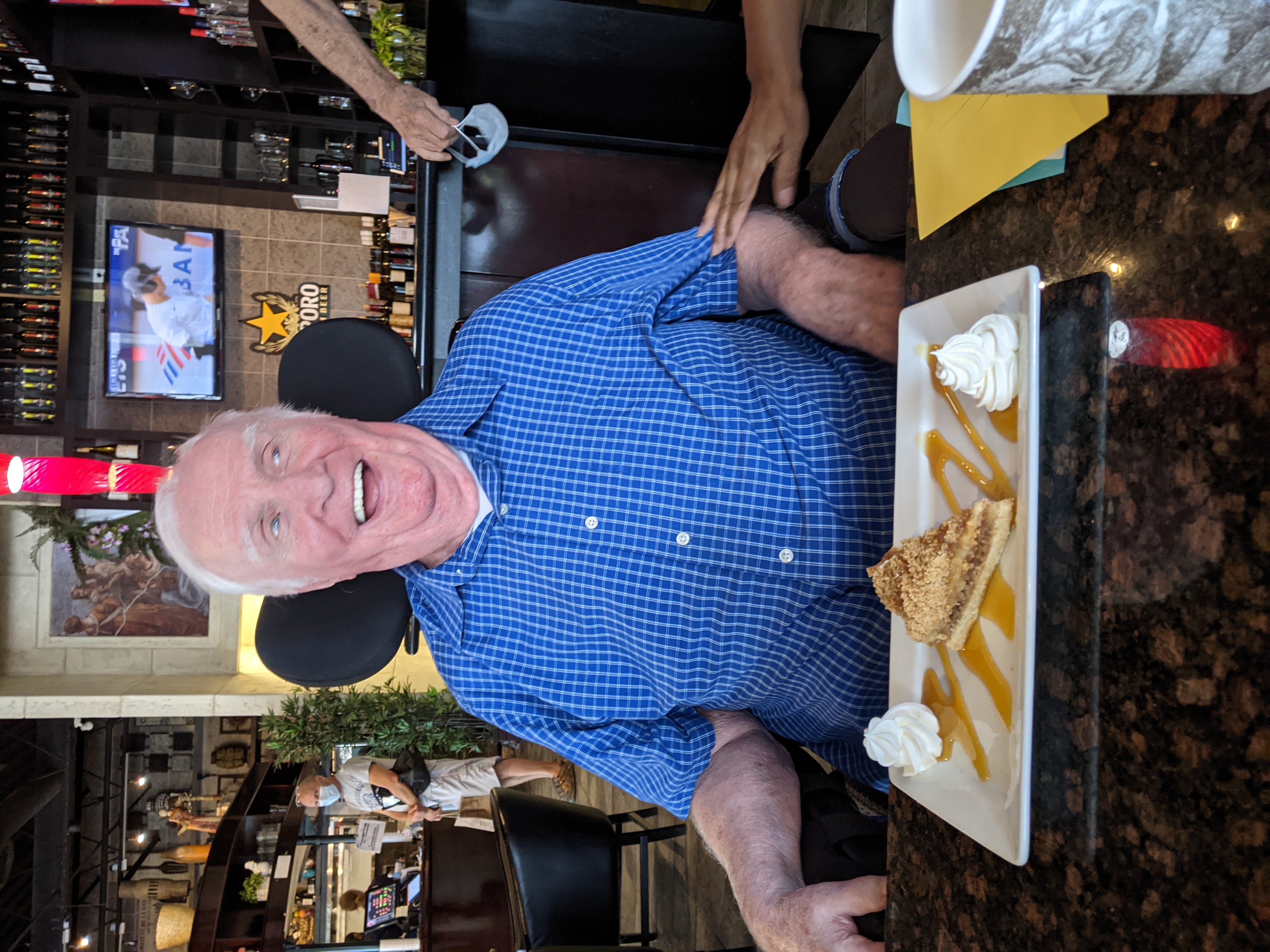There is a recurring question from friends, family and anyone who knows that my Bert is in a home:
“How is Bert doing?”
My usual answer is: “As well as can be expected.” This seems to cover the basics. Depending on the relationship, the enquirer, the social interactions of the moment I might go into a bit more detail. My Bert is living in a Long Term Care facility so ‘fine’ or ‘very well’ seems inappropriate.
Any further expansion is also based on the Bert I am seeing at the moment. There are two Berts. There is my Bert and there is Alzheimer’s Bert. In the book My Bert Has Alzheimer’s I devote some time to talk about the necessity, stress and the confusion of living in two worlds. There is the real world and Alzheimer’s world. Now I have two Berts. I invented this new duality as a coping strategy.
When someone has dementia their moods, actions, words, reality can change in an instant. It means that each day I visit my Bert I do not know what I will find. Will he be in a good mood? Will he be morose? Will his eyes light up when he sees me or will they look through me? His mood dictates my inner feelings too. On those days when he lights up as I walk towards him; when he lifts his hand in greeting; when he holds up his head and purse his lips for a kiss; when he jokingly shoos away anyone nearby and pats the chair beside him for me to sit: That’s my Bert.
On the days he looks sullen and shrugs off my greeting and remains silent, that’s Alzheimer’s Bert. On these days I try every trick in the book to bring him out of that negative mood. Sometimes I succeed and sometimes not. My expectations then become basic. He must eat, drink and be comfortable. That is all.
My Bert days are wonderful. He is talkative. He asks questions and pontificates on subjects that only he understands. As example a few days ago he told me in no uncertain terms that the ‘things are moving’. After some cogitative expressions and a nod, in a very serious voice I said: “Yes, they are.” That must have been an acceptable reply as he nodded in satisfaction at the answer. I am still unaware of what the things were and to where they were moving. So what? My Bert was animated.
The very next day Alzheimer’s Bert was up front and personal. There was no greeting but a rather baleful look that clearly was saying: “Don’t bother me.” I donned the cheerful hat and in a clear voice said:
“Hey, are you not speaking to me today? Come on; say something out loud to me.” There was no response. The big grin I had was wasted under my masked visage.
“Oh, well. I am still speaking to you and I love you.” The word ‘love’ brings a flicker of interest but no verbalization. He ate his lunch, had his milk and juice but refused the water. No sweat. He had already had soup. This was clearly an example of you can lead a horse to water but you cannot make him drink.
I did not hang around after lunch. During that entire visit I heard only one word: “No.”
A day later was a banner day. The topic of conversation was happiness. My Bert started the ball rolling with: “You are happy.”
“Yes, I am happy.”
“Am I happy?” he asked.
“You tell me.”
“Yes, I’m happy.”
“That’s very good.” He pondered for a while and then said: “I’m happy. You’re happy. We are happy.” English lesson aside the grin on his face as he said those words was priceless. I laughed out loudly and gave him a hug. He was delighted and for the next hour or so that conversation was repeated every five minutes. Groan.
Then I got a reprieve. It was barber day so down to the salon he went. I waited for his return. He came back and his first words were: “Is it good”?
“Oh yes. It’s a great haircut. You are my handsome Bert.” He beamed. He wanted to talk but I was not up to another hour discussing the tonsorial splendor of his freshly cut hair.
No dawdling now. I give him the usual see you soon farewell and escaped.
The Meander: I love My Bert and wish I did not have to contend with Alzheimer’s Bert. I’m grateful that my Bert is the one that appears more often…still.



